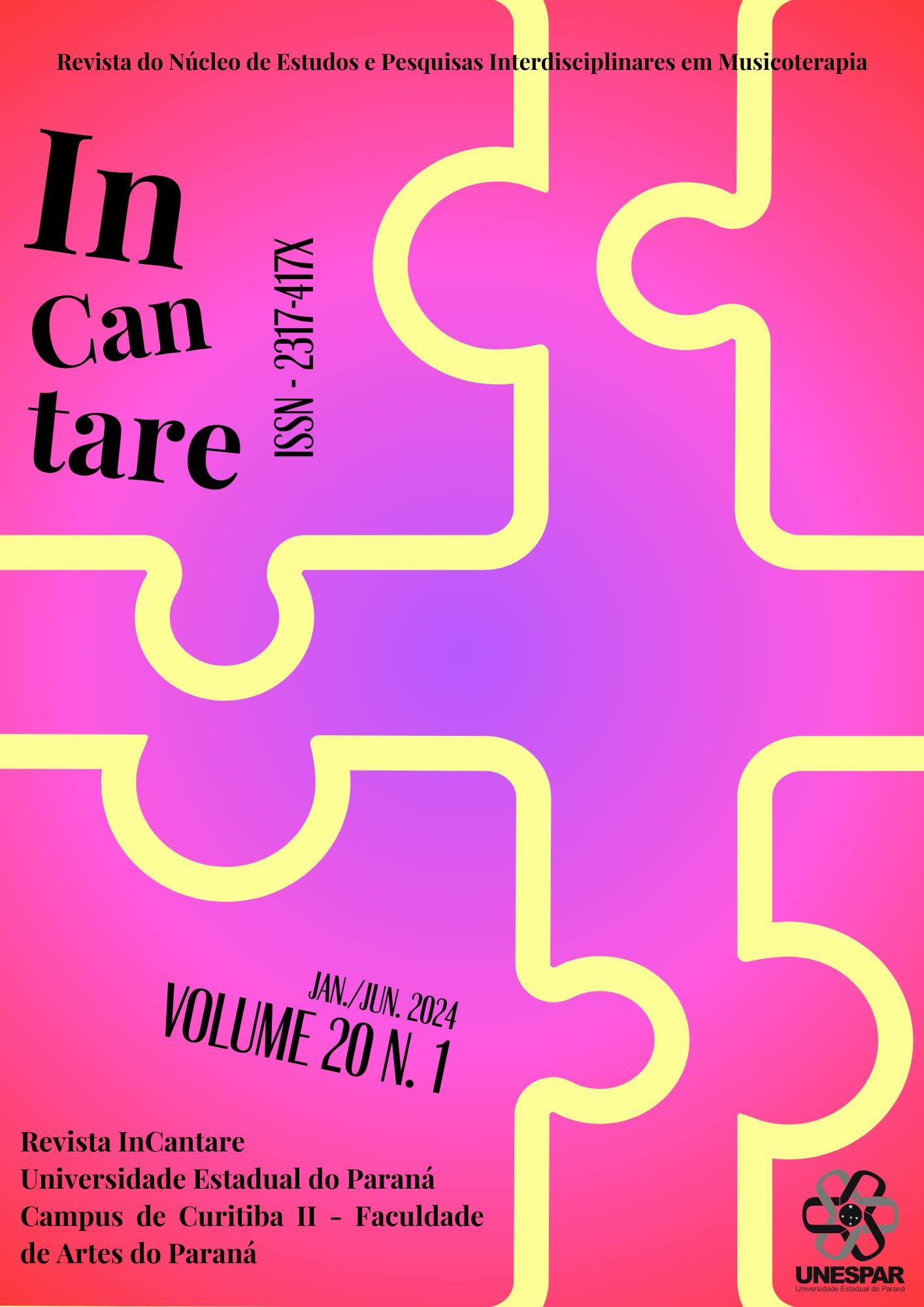Games and Libras in Mathematics teaching: a practice aimed at learning deaf and hearing students
DOI:
https://doi.org/10.33871/2317417X.2024.20.1.8796Keywords:
Education, Mathematics Education, Inclusion Education, Deaf Students, GamesAbstract
In this research, the process of including pedagogical resources in the teaching of mathematics in basic education was investigated, through a didactic proposal was experienced at the Escola Estadual Modelo in Araguaína/TO. This proposal involved the use of Brazilian Sign Language (Libras) and a game developed by the authors, called “Learning Roulette”. With this, the objective was to enable the teaching of the four fundamental operations of arithmetic, using games and Libras, for both deaf and hearing students in Elementary School. Part of the methodological approach consisted of a bibliographical research, which allowed a dialogue about the process of inserting didactic materials and Libras in mathematics teaching. The results obtained revealed the feasibility of applying the didactic proposal and the flexibility of content that the game managed to cover. Furthermore, it was found that the use of Libras promoted effective interaction and inclusion among students, contributing significantly to the educational process.
Downloads
Downloads
Published
How to Cite
Issue
Section
License
Copyright (c) 2024 InCantare

This work is licensed under a Creative Commons Attribution 4.0 International License.
A Revista InCantare adota acesso aberto e o copyright dos artigos e da entrevista pertence aos respectivos autores/entrevistados com cessão de direitos para a Revista InCantare no que diz respeito à inclusão do material publicado (revisado por pares/postprint) em sistemas/ferramentas de indexação, agregadores ou curadores de conteúdo.
Os artigos publicados por esta Revista são de livre uso para compartilhar. É preciso dar o crédito apropriado, prover um link para a licença e indicar se mudanças foram realizadas.
A Revista InCantare não cobra qualquer tipo de taxa para submissão e/ou publicação de artigos.

















